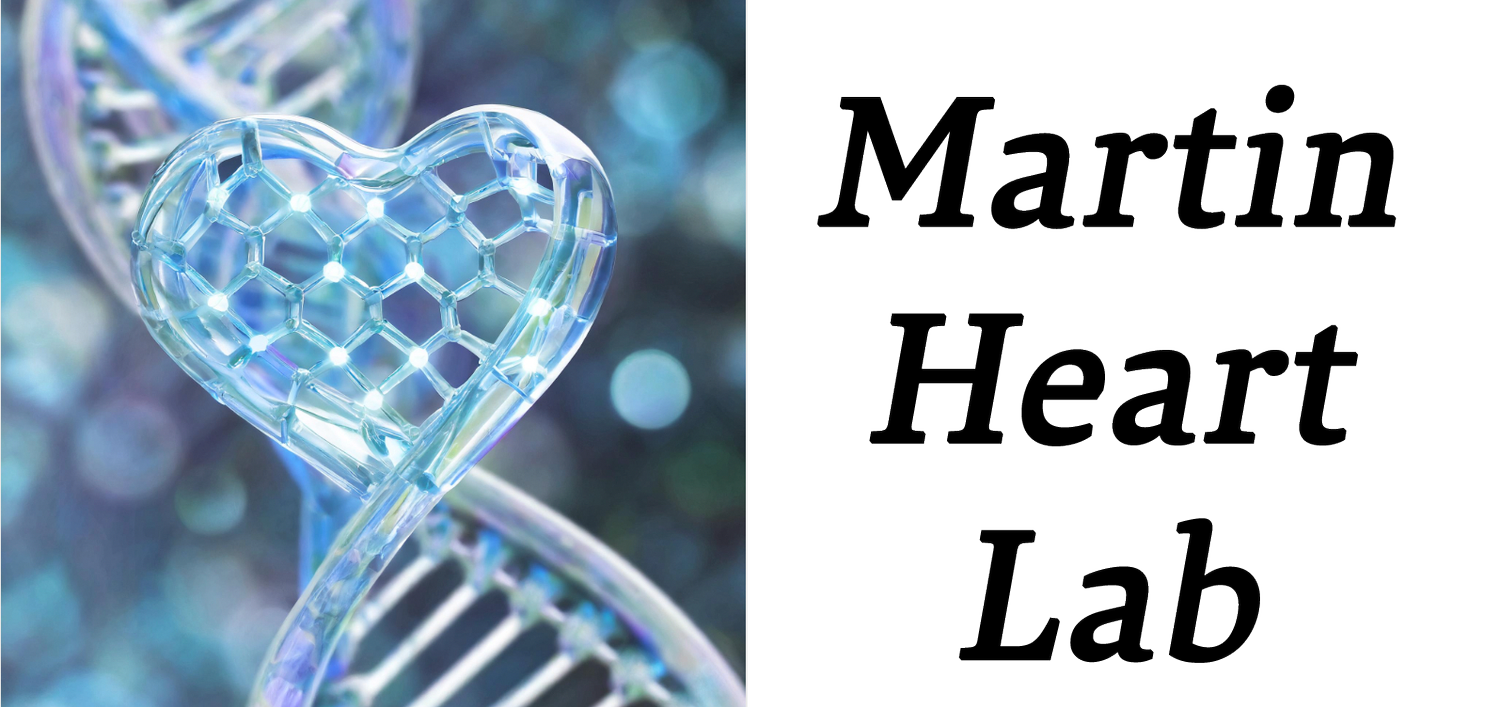再会,刘医生。
It is with pride and our deepest gratitude that we bid a fond farewell to Dr. Shijie Liu as he continues his remarkable career in Cincinnati, Ohio. Dr. Liu joined our lab in December 2016 as a postdoctoral fellow. Since this time, he has led a highly successful and multifaceted research program at THI. Shijie has been the driving force of our leading studies and was the architect of seminal publications (described below).
Dr. Shiijie Liu, standing in the 9th-floor lunchroom at THI (Background: Texas Medical Center).
One project he led revealed that gene therapy-mediated disruption of the Hippo Signaling pathway promotes functional recovery and regeneration in a pig model of myocardial infarction. This project has an enormous translational potential to innovate novel cardiac therapies and was published in Science Translational Medicine last year in a newsworthy report that 16 news outlets covered.
In Shijie’s other project, published in Circulation Research, he determined for the first time how non-canonical Wnt signaling from cardiomyocytes suppresses fibroblast activation after MI. This study is very important as it reveals how Yap and Wnt signaling inhibit CF proliferation, collagen formation, and inflammation in cardiac regeneration. His insights provide a novel avenue for how we may treat fibrosis in heart failure patients.
In addition to numerous academic accomplishments he made with us, he successfully secured external funding for his research program and has received acclaim for his studies. He currently holds an American Heart Association Career Development Program Award that runs through June 2024. He notably received the Outstanding Young Investigator award at the Fifth ACRE-APS symposium in 2018.
During the past year, Dr. Liu was heavily recruited from multiple institutions and recently accepted a tenure-track Assistant Professor position in The Division of Molecular Cardiovascular Biology at Cincinnati Children’s Hospital, headed by Dr. Jeff Molkentin. For his research program, Shijie has developed mouse models and gene therapy approaches to determine cardiomyocyte-specific protein profiles pre- and post-MI, which will address fundamental questions about how injury regulates cardiomyocyte regeneration and remodeling.
In his time with us, Dr. Liu has been a consummate professional and is very well-liked by all members of the Martin Lab, without exception. Although we will miss Shijie, we wish him nothing but success at Cincinnati and in the future!








